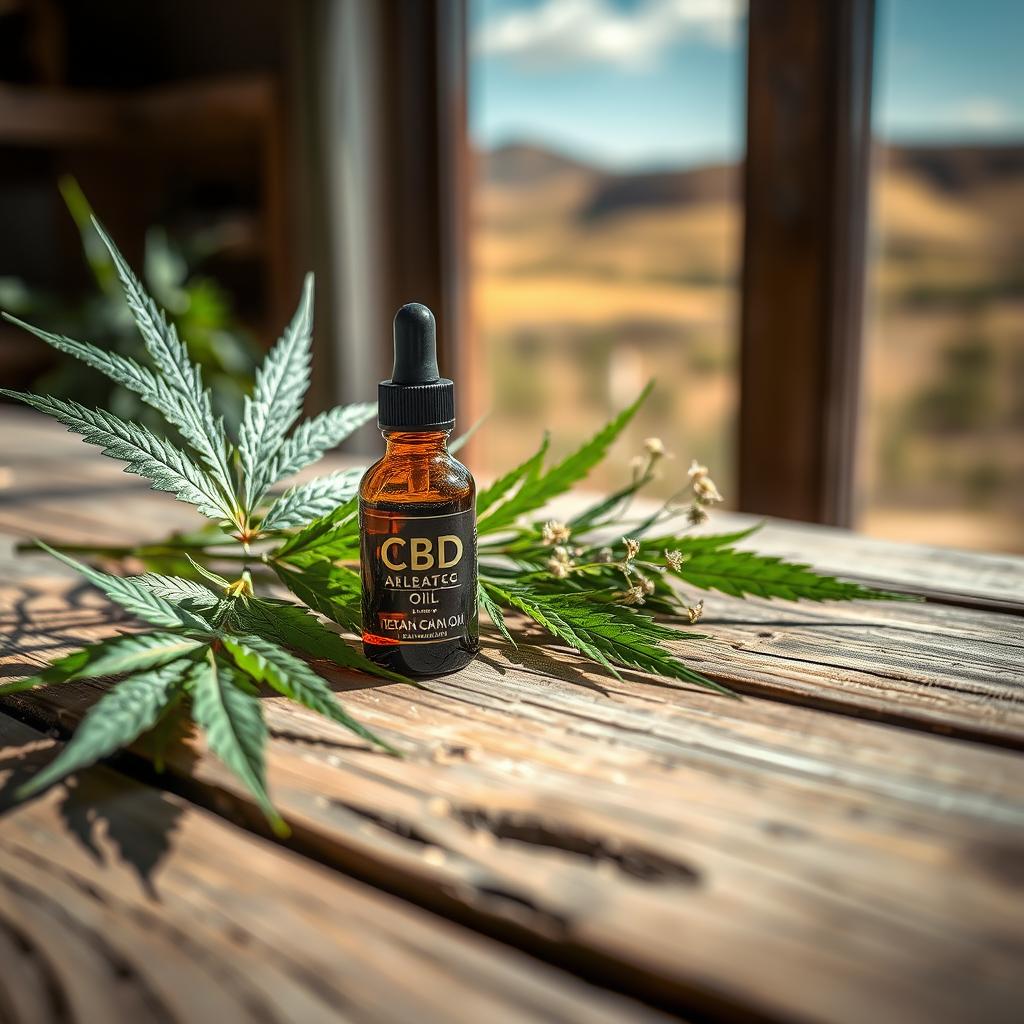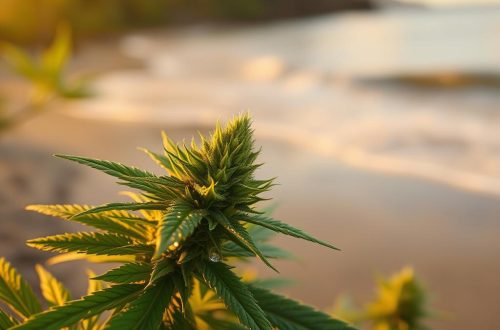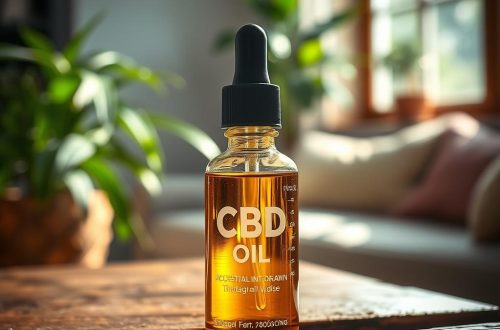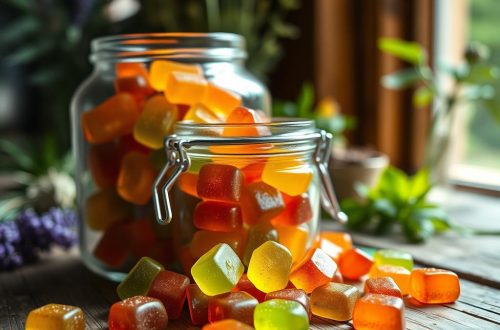If you’re considering giving CBD a try while in the state of Texas, you shouldn’t feel alone. Cannabidiol or CBD has for many years already been one of the most sought-after remedies to alleviate even the ‘worst day of the month,’ and much more, one gets injured and faces chronic pains. And what this means is – however, before going in to grab the bottle of oils, please for any CBD gummy bears and the likes, do note its rules. All of the laws that govern the usage of cannabis can be difficult and are not the same across the nation. In Texas, the reason some cannabidiol extract CBD is legal while others are not has everything to do with how they are produced and their level of tetrahydrocannabinol. You are not just given rules for the use of CBD in Texas, you are given a guide on how to use the same confidently. The following next page discusses the basis of the legality of CBD usage in Texas under the framework of the House Bill number 1325.
The process of legalizing CBD use in Texas can be traced back to the passage of the 2018 Farm Bill signed into law by then President Trump. This piece of federal law embedded a provision allowing the growing of hemp and the sale of hemp-related products in the entire USA. The bill further described the meaning of ‘hemp’ which is meant the cannabis plant having Delta nine tetrahydrocannabinol content of 0.3% and below out of all the proportions. THC found in a cannabis plant is the main psychoactive component, hence the low concentration of 0.3% was introduced so that marijuana would be clearly distinguished from the political reasoning of those who were growing industrial hemp.
Following in the footsteps of the national government, Texas put the ball in motion by enacting a law having huge significance of its own in 2019: House Bill 1325. The then state governor Greg Abbott signed the bill into law which joined the Texas health law with that of the federal government. This clearly spelled out a regulation which allows the production and sale including processing, growing, and harvesting of hemp for example, the manufacture of CBD oil for sale. This was a milestone for the industries and individuals that were interested in CBD in Texas.
House Bill 1325 achieved two primary objectives. In the first place, it declared that it should be law permissible to sell any hemp products that do not have over 0.3% Delta 9 THC. In the second place, it provided the parameters within which the state’s hemp industry would operate, which would be done under the Texas Department of Agriculture and the Bureau of Health Services Department of State, Texas (DSHS). As a result, in Texas, the residents are entitled to possess and use CBD products provided they comply with this all-important THC level.
The 0.3% THC Rule and Its Importance
Whenever one is talking about CBD in Texas, the convention one must follow is the maximum permissible limit for THC in the product. In order to abide by the law, the synthetic marijuana product may not contain a concentration level of more than 0.3% of Delta 9 THC content. Such marijuana products, however, become illegal, since they exceed this functional limit of ‘marijuana’. This is the basic principle of the Texas cannabis law.
What’s with these numbers? 0.3% THC is the senior line for the demarcation of non-intoxicating and low to rich Cannabis – known as marijuana. Such products must and should not lead to marijuana-like effects for those who use them. When purchasing CBD oil in Texas, note this number as it will be written all over the labels of the products and results of laboratory analysis. That is because it is what decides the legality of a product.
It all makes sense why there is a rule in place; it is very important that people purchase cannabis from legitimate sellers who can prove how much of the chemical components there are in the cannabis product. This document is known as a Certificate of Analysis (COA) and it elaborates on the quantitative aspects of cannabinoids present in the given cannabis product, such as the Delta 9 THC content. In the absence of a COA, no one can tell whether the item being purchased is lawful or whether it contains that which it is advertised to contain.
Understanding a Certificate of Analysis (COA)
The only way to be safe and certain you are purchasing CBD in Texas legally is to review the product’s COA. What to consider while checking:
- The name and the contact details of the third-party lab that carried out the tests should be included in the report.
- The number of the COA must also correspond to the number which is on the packaging of the given product. This pleads the case of the report being a concern of the current item possessed.
- This is actually the essential part. Find a column that says the value of “Delta 9 THC”. It has to read – ND (Not Detected) or less than 0.3% in percentage.
- Other Cannabinoids: The profile will also include concentrations of CBD as well as of minor cannabinoids such as CBG or CBN.
- Pesticides and Contaminants: Highly inclusive COAs will also provide testing for trace metals, pesticide residues, and residual solvents to ensure that the product does not pose risks to health.
CBD Trade: Rules for Buying and Selling in Texas
House Bill 1325 was the reason for substantial growth in the availability of CBD products in the state. They are sold in all kinds of specific CBD outlets, smoke stores, wellness shops, and even in grocery stores and fuel stations. The CBD industry in Texas has expanded and today, it represents a vast market and different types of products.
Consumer Guidelines
There is very little in terms of rules for consumers:
- Age restrictions: Currently, in Texas, there is no specific age below which any person may not purchase CBD, however, most vendors set that age at either 18 or 21. If it is a smokable hemp product, the customer must be twenty-one to buy such a product.
- Possession limitations: Currently, in Texas, there are no restrictions on the possession of legal hemp-based CBD products. All products which are used, in any amounts, should not exceed the allowed limit of 0.3% of THC to be on the safe side.
- Product Labeling: Consumable hemp products are subject to the labeling requirements established by the Texas Department of State Health Services (DSHS). The labels must specify the product’s batch number, contain a QR code that is scannable and provides a link to the certificate of analysis (COA), the CBD content of the product, and the producer’s name. Due to the lack of restrictions, rules such as this allow you to confirm the legal and safe status of the CBD in Texas that you are purchasing.
Rules for Retailers
Any enterprise involved in selling ingestible hemp products, which include the CBD, should comply with the workings of the DSHS. For anyone vending these items, the retailers must apply for a separate licensing to operate. This control promotes a healthy market environment and curtails the failure of businesses over the products they provide. Ultimately, businesses fall in this type of eyes and heed such prescriptions as only buy products from a processing plant that is licensed and which labels its products effectively to avoid selling fake or banned goods.
Understanding Key CBD Rules In Texas At A Glance
| Category of Rule | Necessary Condition |
|---|---|
| Accepted THC Threshold Level | Not more than 0.3 percent of Delta Nine tetrahydrocannabinol on the dry basis. |
| Source | This must be extracted from the hemp plant, not from the marijuana plant. |
| Minimum Age to Buy | There’s no legal state obligation, however, retailers tend to demand a minimum age of either 18 or 21. However, a person must be 21 to buy smokable hemp. |
| Possession | Permitted goods are those that do not surpass the 0.3 percent THC threshold. However, no limits are placed on such goods. |
| Labeling | Please add a QR code which leads to the Certificate of Analysis (COA) of the product being tested. |
| Retail Sales | Proper licensing with the DSHS is needed in order to sell any consumable hemp products. |
Some Complexities: Delta 8 and Other Cannabinoids From Hemp
Notice: CBD is legal in Texas. While the regulations for CBD (cannabidiol) are decisively less ambiguous, the case where there are other cannabinoids, found in plants like cannabis, such as Delta 8 THC, is considered far more problematic. It is a psychoactive substance although the psychoactive effects produced by Delta 8 are said to be more subtle when compared to Delta 9 THC. Its legality in Texas has been tested and contested in court.
During the year 2021, DSHS re-qualified Delta 8 and moved it on par with Schedule I drugs, which resulted in the application of a moratorium on the products. A THC manufacturer also moved to the court, which ordered for an adjunction, hence holding the state from implementing the ban for that moment. By the end of 2021, the legal status of Delta 8 THC is neither black nor white. Even though it is sold at the moment thanks to the stay of the ban, it is not clear how much longer it would remain. This is one of many examples about how cannabis law has changed over time and the potential legal issues that could arise when it comes to the regulation of CBD in Texas and other similar products.
Any customers willing to explore Delta 8 or similar products should know that the legal status may be temporary. The status of issues presently pending in court will decide finally how these products can be sold in the state. This bears great significance for those who deal with hemp products or CBD in Texas and another aspect of the cannabidiol advocacy or any of those services.
Are There Medical Marijuana Innovations in Texas?
The distinction must be made between hemp-derived CBD regulation and that medical marijuana operation in the state. It is another context, since Texas administers a very limited, highly controlled medical marijuana scheme: The Texas Compassionate Use Program. Patients with specific medical conditions, such as multiple sclerosis, epileptics, or neurological conditions without cure, are the only ones eligible for this program.
Through the provisions by TCUP, cannabis that contains THC of up to 0.5%, delta 9 THC, can be accessed by the patients. This level is just above the 0.3% threshold for hemp, but nonetheless, it is at a minimal level. Those who wish to participate must obtain a medical marijuana recommendation from a state-registered and certified physician. Medical marijuana in Texas is not governed by the same laws as the general sale of CBD containing THC of up to 0.3% due to the TCUP. The program is not for everybody and is not akin to the legalization of medical cannabis.
Common Questions Regarding CBD in Texas
Can I have CBD in Texas?
Of course, it is possible to have products containing CBD that are sourced from hemp within Texas provided that they have less than 0.3% Delta-9 THC content. Legal CBD products do not have dosage restrictions.
Is it okay to bring CBD when visiting Texas?
Yup, it is possible to carry CBD merchandise to the Lone Star State so long as those contain under 0.3 percent Delta 9 tetrahydrocannabinol as required by law. The 2018 Farm Bill allows taking hemp products that are within legal limits across state boundaries.
Is a cannabis medical card needed to purchase hemp CBD in Texas?
No, it is not necessary to procure hemp-based CBD without a cannabis medical card in physicians’ offices. Such can be bought at any of the licensed dispensaries within the state over-the-counter. However, some restrictions apply to the laws, only low THC marijuana treatment program for authorized medical patients requires a prescription.
Is there a risk of testing positive to drugs if I apply topical CBD in Texas?
This is indeed possible. A majority of drug tests do not have any capability to test for THC. Even at least most of the legal CBD variants come with a very small percentage of THC, they may have no effect but hence the warning: there is a chance that if someone, for instance, uses CBD products quite frequently, a build-up of THC will develop in their body to such an extent that a drug test may come positive. In case you are being monitored, you need to consider products like the broad spectrum and CBD isolate products since they should be void of THC.
Is it legal to use CBD-based edibles and drinks in Texas?
Yes, it is legal to offer and purchase consumable hemp goods in Texas, including edibles such as gummies and drinks. In this regard, the DSHS regulates them and they are also subjected to the same 0.3 percent THC cap and labeling applicable to the rest of the CBD products. It is completely permissible to pursue and engage the consumable CBD in Texas market.
Final Thoughts
Once you understand the essential difference between hemp and marijuana, it is much easier to know the rules and regulations of using CBD in Texas. It is legally possible to obtain, distribute, and use or keep any hemp-based products containing CBD levels of 0.3% or less under House Bill 1325. As a consumer, the most essential measure is to shop with trustworthy companies that offer a COA which gives in-depth information on THC and the purity of the product. Although it has not been fully established whether other cannabinoids such as Delta 8 can be used legally, most people in the state consider purchasing CBD in Texas to be a developed and legal market. In this regard, Texas citizens can safely and lawfully test the uses of CBD without worrying about being over the 0.3% THC boundary and avoiding any dishonest or illegal producers of the products.






